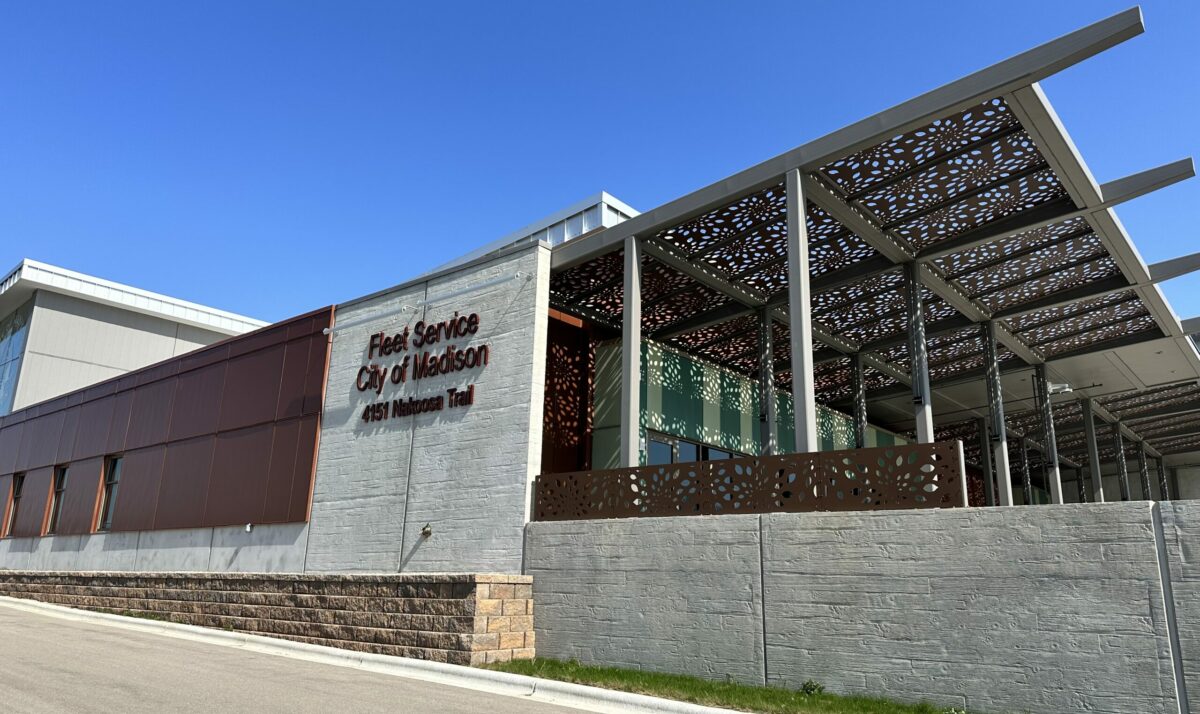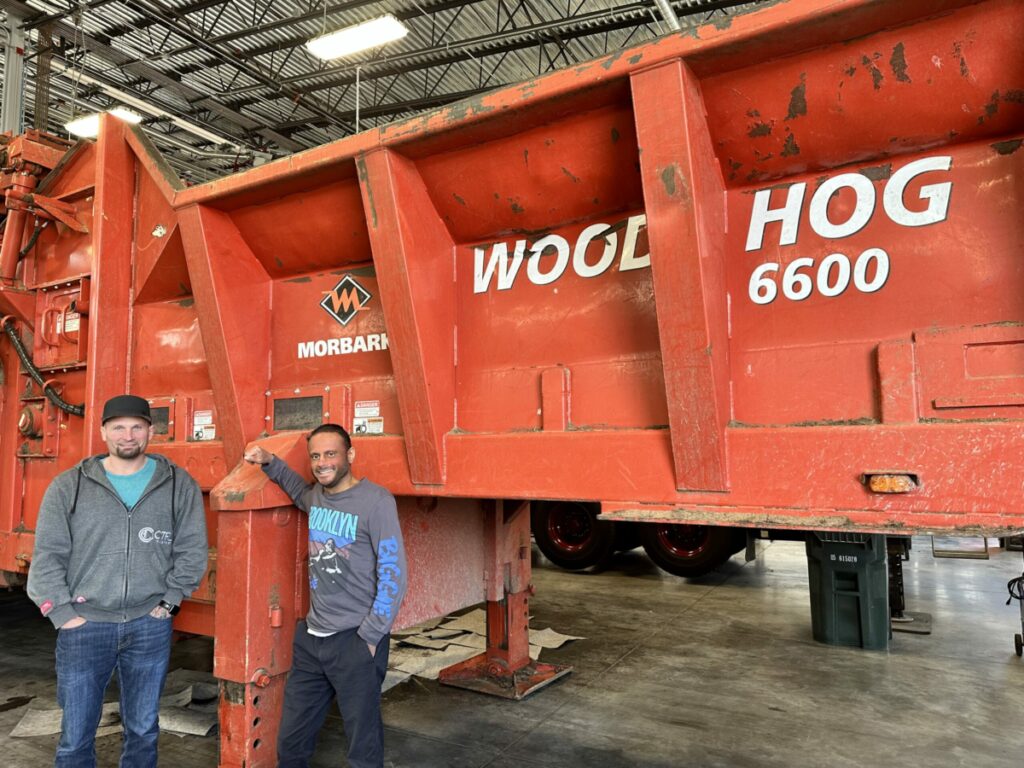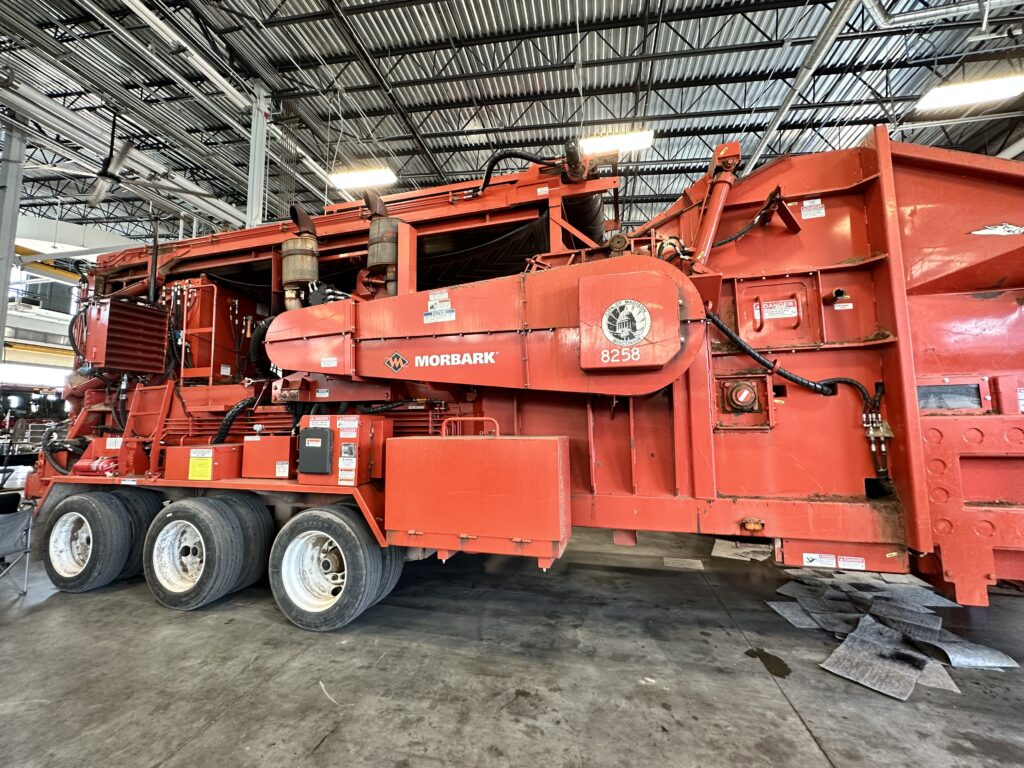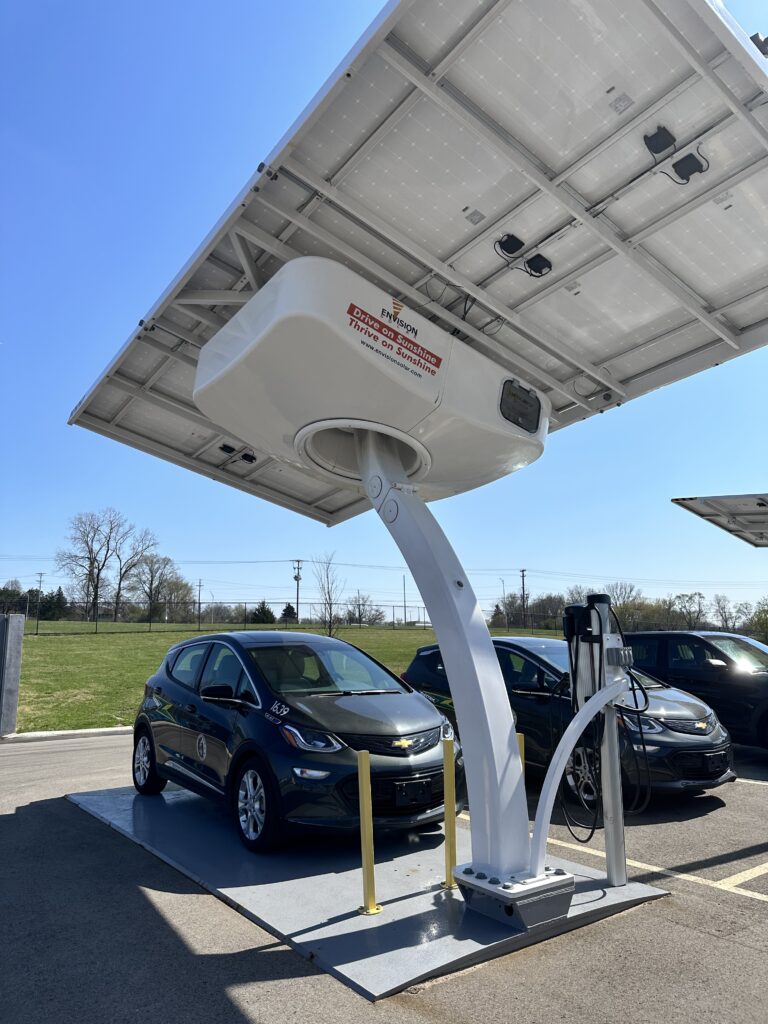
Over the past few years, the city of Madison has been partnering with Wisconsin soybean farmers and other agricultural groups to move its truck fleet toward 100 percent biodiesel.
Biodiesel is a renewable, cleaner-burning diesel-fuel replacement made from a variety of resources such as recycled cooking oil, soybean oil, and animal fats. It can be used in all diesel engines in blends from B5 — 5 percent biodiesel blended with 95 percent low-sulfur diesel — all the way up to B100 — 100 percent biodiesel.
Madison Fleet Superintendent Mahanth Joishy tells Mid-West Farm Report that the initiative started in 2018 using low blends of biodiesel in their 500 diesel trucks. Today, they use B100 in 17 of those trucks. Joishy says that B100 has been working well, and it doesn’t gel in the winter thanks to technology they retrofitted to the trucks.
Joishy says the fuel is convenient to get with their supply located near Madison, and it costs about the same as regular diesel. Other economic and environmental benefits of this investment are reduced carbon emissions, cleaner air and water, and an expanded market for Wisconsin soybean farmers whose soybeans are a key ingredient of biodiesel fuel.
The city of Madison has 1,800 vehicles in its fleet that encompasses several departments: metro buses, utilities, policy and fire departments, garbage pickup, plowing and others. The goal is to get all 500 trucks on 100 percent biodiesel year-round by the year 2030. The rest of the fleet will be electric. They have 94 electric vehicles today, including the first-of-its-kind electric fire truck.
“We track every pound of carbon dioxide that we’ve reduced, and we’re up to over 11 million pounds now since 2018. A large majority of that is biodiesel,” Joishy says.
Another ‘first’ that the city of Madison can claim is a woodchipper that runs on B100. It takes wood piles from the community, such as branches that have fallen in storms, and grinds it down into mulch.
“It takes about 60 gallons of diesel an hour. By converting that to B100, it will be the most environmentally-friendly unit we have in terms of CO2 savings,” Joishy says. “We’re estimating about 87 percent of the CO2 will be reduced every hour of every day that it’s operating on B100, and that’s a lot of fuel, that’s a lot of emissions.”
Pictured: Mahanth Joishy and Tyson Roessler in front of the ‘Wood Hog’ that runs on B100; a full image of the wood chipper; and the electric charging station for electric vehicles.




Leave a Reply